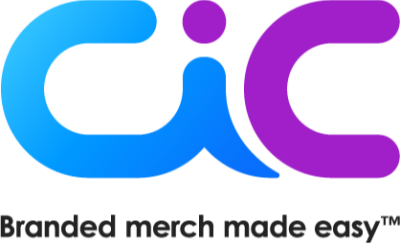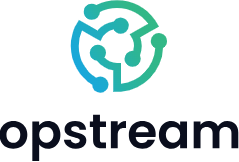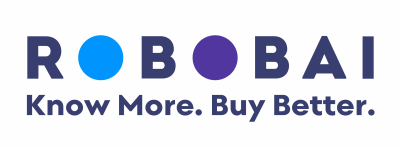How To Improve Your Company's RFP Process
Ask Joanna
The CPO's Corner

Question from Maria:
I’m getting lots of complaints about my company’s RFP process: too long, too cumbersome, people hate the scoring, etc. Any advice?
Joanna's Answer:
With all the information at our fingertips via smartphones or tablets, its true that RFP’s might be viewed as something of a dinosaur. Yet, there are times I’ve seen people hand business to the sales person who does the best presentation, not necessarily provide the best match to requirements. So I’m a big believer in the RFP process – because it forces people to articulate what they need, asks all candidates the same questions, levels the playing field by increasing the odds that a supplier will be chosen based on the best fit, and also because any good RFP software provides a way to conduct a side-by-side comparison of the responses, increasing the odds that the suppliers in the mix will get a fair shot.
Having said that, in most cases massive RFP’s are just plain wrong, and often an indication that the sourcing team hasn’t done their due diligence. Even simple questions – like address – are often unneeded because everyone knows the answers already.
So consider the Five Question RFP. That’s right – five questions, max. Identify the things you really need to know to make a decision. The responses that you’ll go to first when the RFP closes.
A sourcing person I know works for a company with a solid, well defined process for conducting an RFP. About twelve weeks from inception to selection. But there was a sudden lead time issue on an important project, and supplier selection had to happen much faster. After brainstorming, two questions were identified that were at the heart of the decision. There were other pieces of information needed as well, but a little self-reflection zeroed in on two criteria that were more important than the others.
So this RFP went out a little differently. Responses required for just two questions, with a list of other pieces of information that the downselected suppliers would need to provide before the final decision.
The result?
- Faster downselection to two finalists
- Less work for the suppliers who weren’t made finalists
- Better due diligence process for the two finalists, because they had that list of required information well in advance, so they were well prepared for the follow-up conversations that ensued.
- Far less time spent on scoring the responses
There are many other ways to streamline the RFP process. For example, there is wonderful, intuitive software today that speeds the process of discovery and evaluation. There are marketplaces with competitive pricing, and chatbots you can use to do some searching for you. But in the end, choosing the questions that are real differentiators will result in a better, faster process.
About Joanna

Joanna Martinez is a global procurement / supply chain leader and the founder of Supply Chain Advisors LLC. She is a frequent lecturer and blogger on procurement topics and also provides coaching, strategy development, training, and cost reduction opportunity assessment. Her clients range from Fortune 100 companies to technology startups.
As either regional or global CPO, Joanna has led transformation initiatives for companies in many different sectors: among them Johnson & Johnson (consumer products), Diageo (beverage), AllianceBernstein LP (financial services) and Cushman & Wakefield (real estate services, property management). She has also held client-facing roles, effectively giving her the opportunity to “sit on both sides of the table”.





































